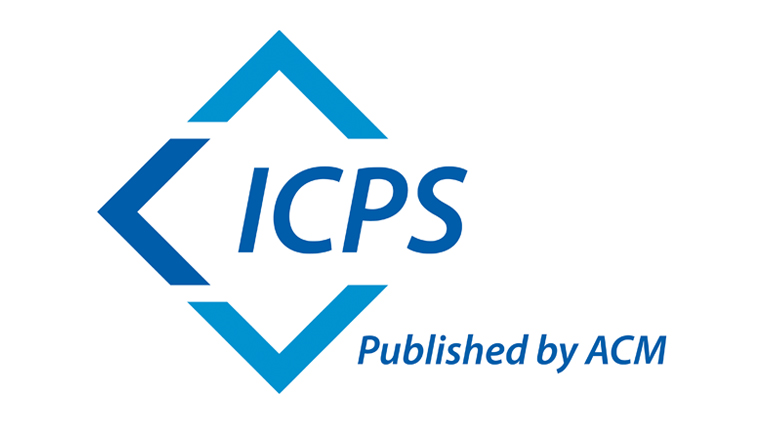Submission Categories & Guidelines
Submission site:
easychair.org/conferences/?conf=ppdp2021
Submission Categories
Submissions can be made in three categories: regular Research Papers,
System Descriptions, and Experience Reports.
Submissions of Research Papers must present original research which is
unpublished and not submitted elsewhere. They must not exceed 12 pages
ACM style 2-column (including figures, but excluding bibliography). Work that
already appeared in unpublished or informally published workshop
proceedings may be submitted (please contact the PC chair in case of
questions). Research papers will be judged on
originality, significance, correctness, clarity, and readability.
Submission of System Descriptions must describe a working system whose
description has not been published or submitted elsewhere. They must
not exceed 10 pages and should contain a link to a working
system. System Descriptions must be marked as such at the time of
submission and will be judged on originality, significance,
usefulness, clarity, and readability.
Submissions of Experience Reports are meant to help create a body of
published, refereed, citable evidence where declarative programming
such as functional, logic, answer-set, constraint programming, etc.,
is used in practice. They must not exceed 5 pages including references. Experience Reports
must be marked as such at the time of submission and need not report
original research results. They will be judged on significance,
usefulness, clarity, and readability.
Possible topics for an Experience Report include, but are not limited to:
- insights gained from real-world projects using declarative programming
- comparison of declarative programming with
conventional programming in the context of an industrial project or a
university curriculum
- curricular issues encountered when using declarative programming in education
- real-world constraints that created special
challenges for an implementation of a declarative language or for
declarative programming in general
- novel use of declarative programming in the classroom
- programming pearl that illustrates a nifty new data structure or programming technique.
Supplementary material may be provided via a link to an extended
version of the submission (recommended), or in a clearly marked appendix
beyond the above-mentioned page limits. Reviewers are not required to
study extended versions or any material beyond the respective page
limit. Material beyond the page limit will not be included in the
final published version.
Format of a submission
For each paper category, you must use the most recent version of the
"Current ACM Master Template" which is available at
https://www.acm.org/publications/proceedings-template.
The most
recent version at the time of writing is 1.75. You
must use the LaTeX sigconf proceedings template as the conference
organizers are unable
to process final submissions in other formats. In case
of problems with the templates, contact ACM's TeX support team at Aptara.
Authors should note ACM's statement on author's rights which apply to final papers.
Submitted papers should meet the requirements of ACM's plagiarism policy.
Requirements for publication
At least one author of each accepted submission will be expected to
attend and present the work at the conference. The pc chair may
retract a paper that is not presented. The pc chair may also retract a
paper if complaints about the paper's correctness are raised which
cannot be resolved by the final paper deadline.
Review process
The reviewing is single-blind.



